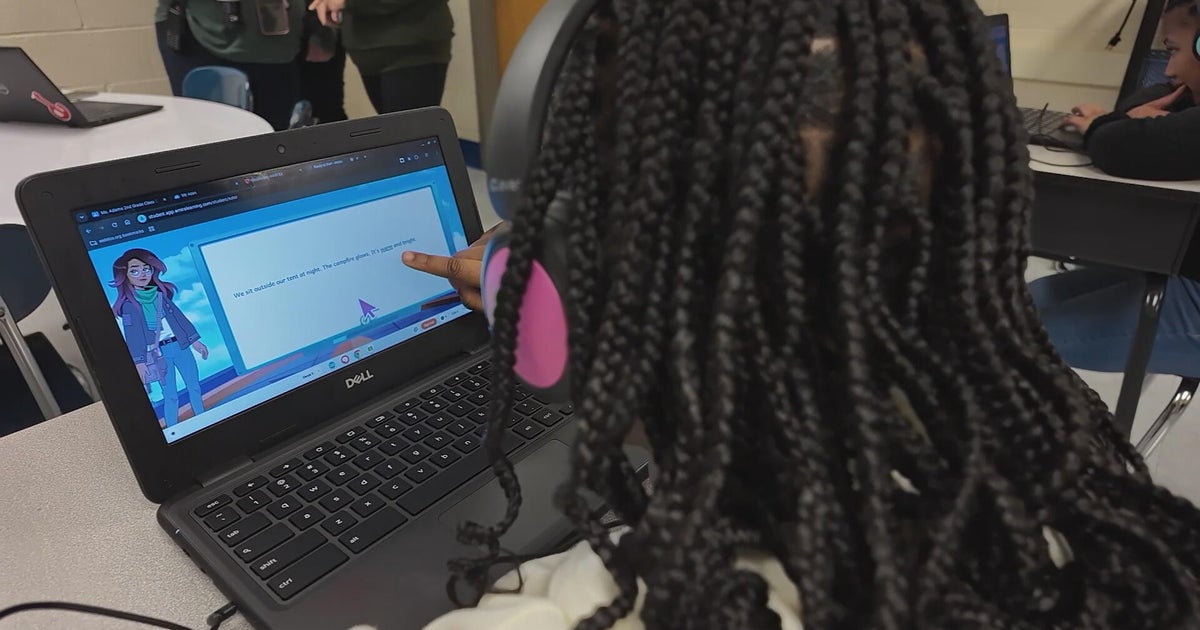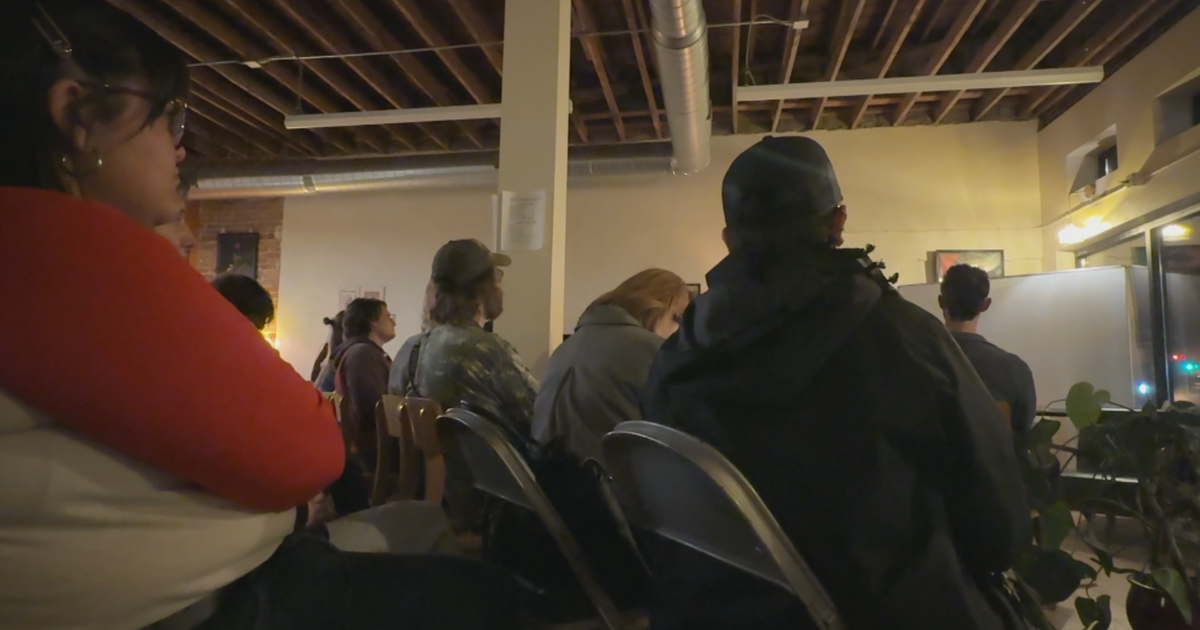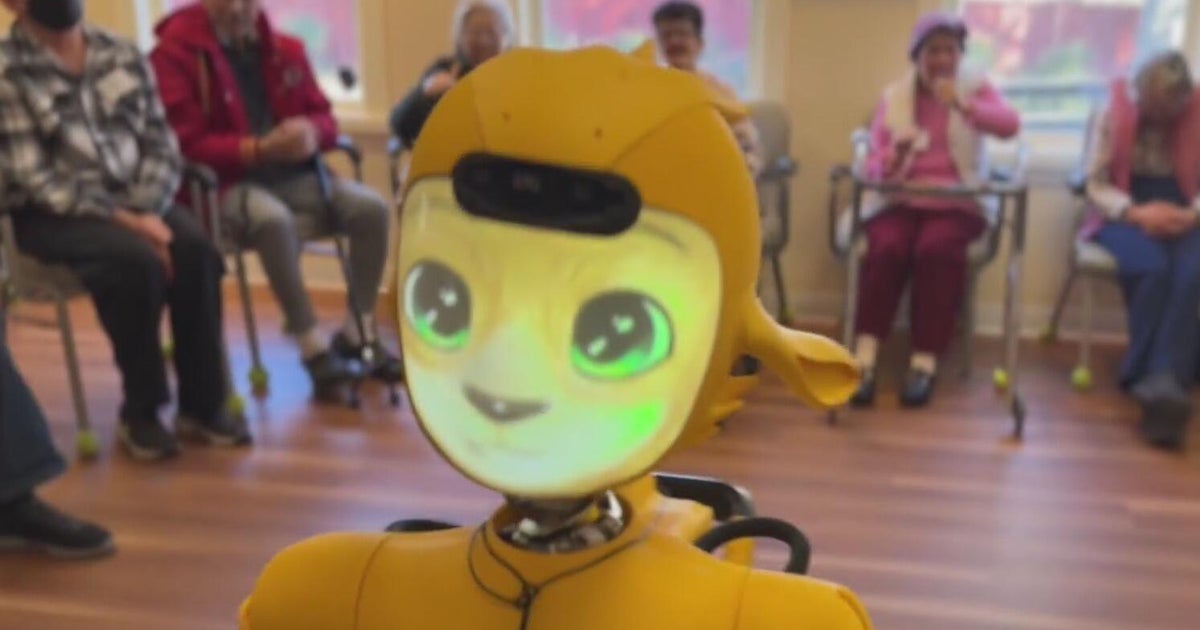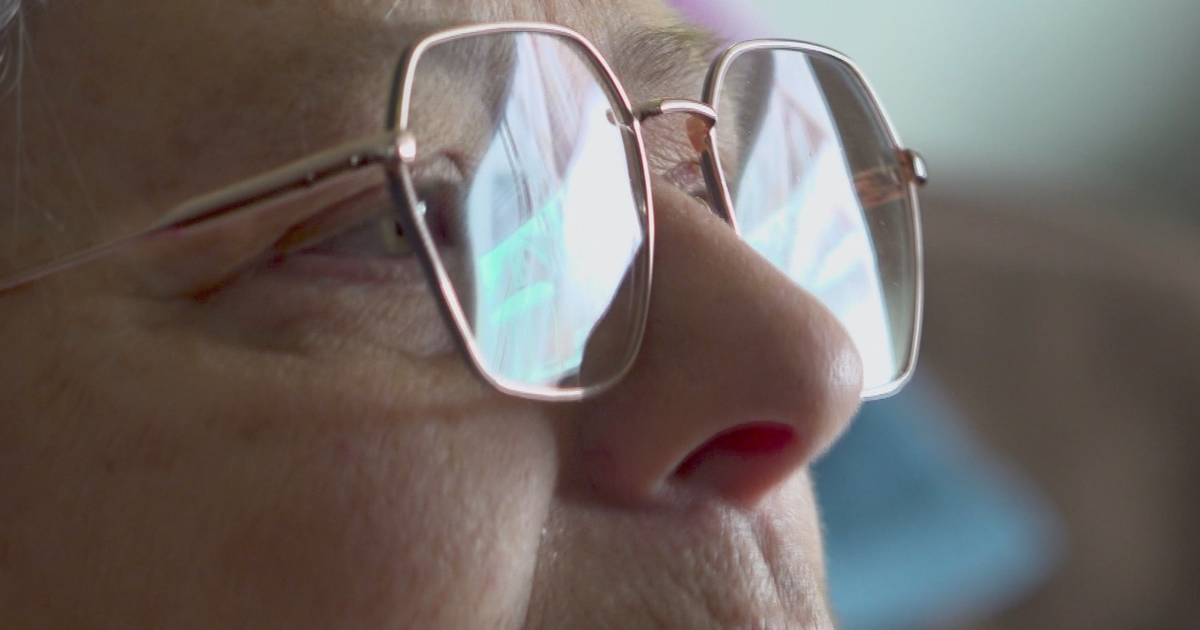AI eliminated nearly 4,000 jobs in May, report says
For those wondering when AI will start replacing human jobs, the answer is it already has.
Artificial intelligence contributed to nearly 4,000 job losses last month, according to data from Challenger, Gray & Christmas, as interest in the rapidly evolving technology's ability to perform advanced organizational tasks and lighten workloads has intensified.
The report released Thursday by the outplacement firm shows that layoff announcements from U.S.-based employers reached more than 80,000 in May — a 20% jump from the prior month and nearly four times the level for the same month last year. Of those cuts, AI was responsible for 3,900, or roughly 5% of all jobs lost, making it the seventh-highest contributor to employment losses in May cited by employers.
The job cuts come as businesses waste no time adopting advanced AI technology to automate a range of tasks — including creative work, such as writing, as well as administrative and clerical work. The AI industry is expected to grow to more than $1 trillion fueled by major technological advancements that became apparent last fall with the launch of OpenAI's ChatGPT bot, a report by Bloomberg Intelligence analysts shows.
- These jobs are most likely to be replaced by chatbots like ChatGPT
- ChatGPT bot passes law school exam
This is the first time AI was included on the Challenger report, but not the first time the rapidly advancing technology has made headlines for replacing humans.
ChatGPT enters the newsroom
The Washington Post reported this week on two copywriters who lost their livelihoods because employers (or clients) decided that ChatGPT could perform the job at a cheaper price. Media companies such as CNET have already laid off reporters while using AI to write articles, which later had to be corrected for plagiarism. Earlier this year, an eating disorder helpline used a chatbot to replace human staff members who had unionized. It recently had to pull the plug on the bot after it gave people problematic dieting advice.
In March, investment bank Goldman Sachs predicted in a report that AI could eventually replace 300 million full-time jobs globally and affect nearly one-fifth of employment — with a particular hit to white-collar jobs often considered automation-proof, such as administrative and legal professions.
AI is also a concern in the TV and entertainment writers' strike that began in May, with writers demanding better pay and job security in addition to a near-total ban on the use of AI to produce written entertainment content.
But analysts note that as with previous technology that has replaced human workers, generative AI is already creating new jobs, and the burgeoning industry is just getting started.
"Generative AI is expected to become a monster employment generator because of estimates of a mushrooming $1.3 trillion AI market that will boost sales and ad spending for the Tech industry," Ben Emons, a principal at NewEdge Wealth, said Friday in a note.







